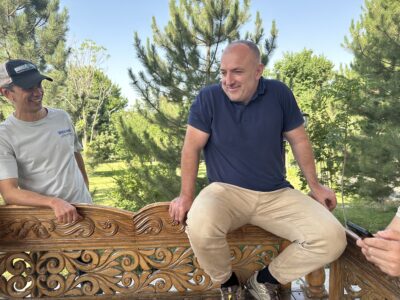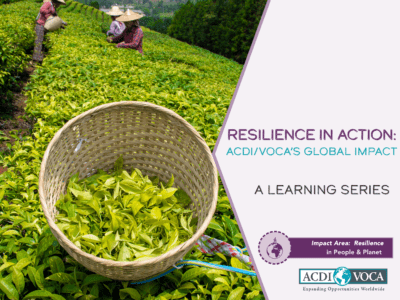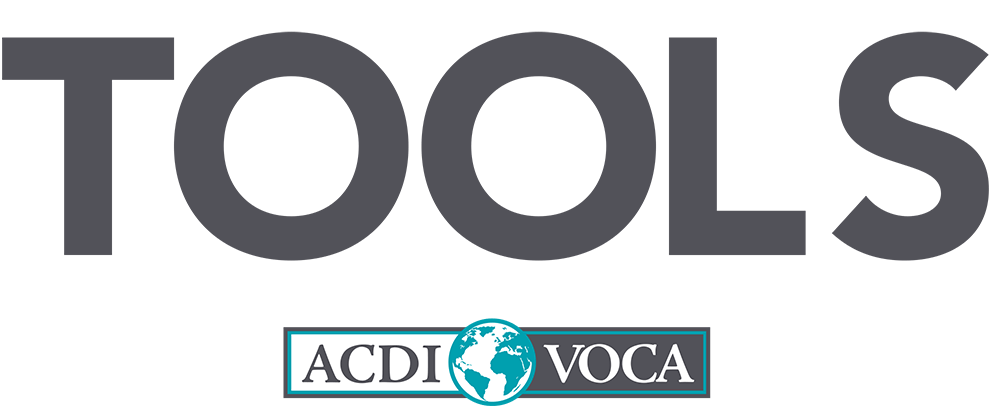
International development is often criticized because organizations took a “one size fits all” approach to their work, ignoring local history, economy, and culture. As a result, many practitioners and donors are understandably wary of NGO-branded approaches that seem to make this same mistake. In my work with ACDI/VOCA, I’ve found that proven approaches, implemented the right way, can leverage experience and resources from other places, help us avoid reinventing the wheel, and ensure project staff focus on local adaptation.
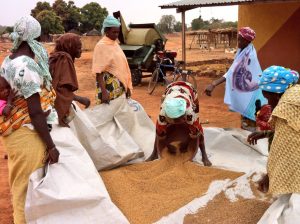
When I first started working at ACDI/VOCA, I didn’t have a lot of experience working with cooperatives. One of my first assignments was to work with our newly awarded Mali Cereal Value Chain (CVC) project and help staff design an approach to cooperative development using tools that ACDI/VOCA had developed over the previous decade.
After a few months of preparation, I arrived in Bamako in February 2014. We started working with the 34-question M4 cooperative assessment tool to make it relevant to cooperatives in the project catchment area. After translating the tool into French, we simplified some questions, dropped others, and added one to underscore the social role that cooperatives play in supporting more vulnerable members. We then translated the final product into Bambara, the dominant local language, and trained partner staff to use the tool and interpret its results.
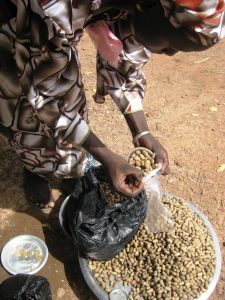
While it was a long process, we learned a lot along the way—about project values and challenges, about language and literacy, and about gender roles in Malian agriculture. And happily, we didn’t have to start from scratch. Our field-tested tool gave us a starting point and enabled us to identify the core issues that required our attention more quickly. The learning we gained in tailoring the M4 tool to the needs of the CVC project also saved us time when we adapted our Sell More For More cooperative training program to the same population. Since this model was developed to support a small number of maize cooperatives in Rwanda, a lot of adaptation was needed to scale the training for hundreds of cooperatives in Mali. However, having a Signature Tool allowed us to build on a foundation of proven global implementation and rapidly define a successful approach for specific local challenges. Developing new adaptations for these tools in Mali created additional implementation models that were further adapted to the local context and needs in newer ACDI/VOCA programs in Rwanda and the Philippines.
Each of the Signature Tools developed by ACDI/VOCA is based on experience, learning, and ongoing adaptation. Core approaches do not mean that we employ a cookie-cutter methodology: it means we have a rock-solid launch pad for creating change—one country, region, project, and community at a time—that can be tailored to different settings. These core, evidence-based approaches are what allow ACDI/VOCA to think through solutions to complex problems to help program participants improve their economic status, whatever the starting point.
How does your organization approach common challenges experienced across a variety of settings? Please add your comments or questions below.
More about ACDI/VOCA’s Signature Tools.
Comments

